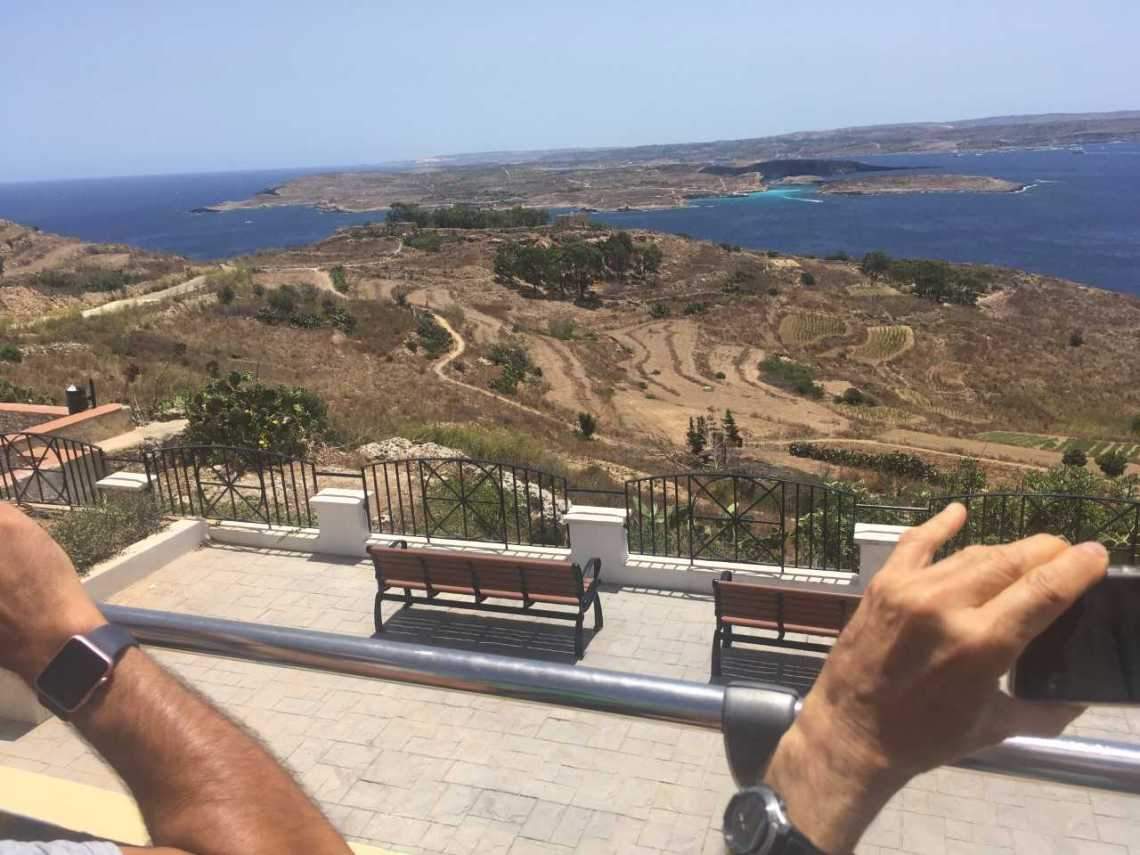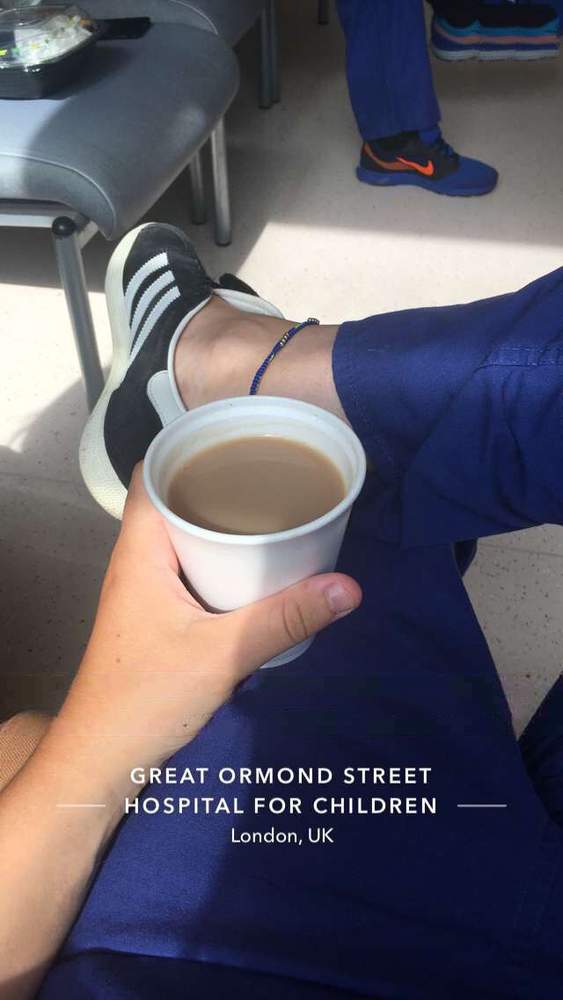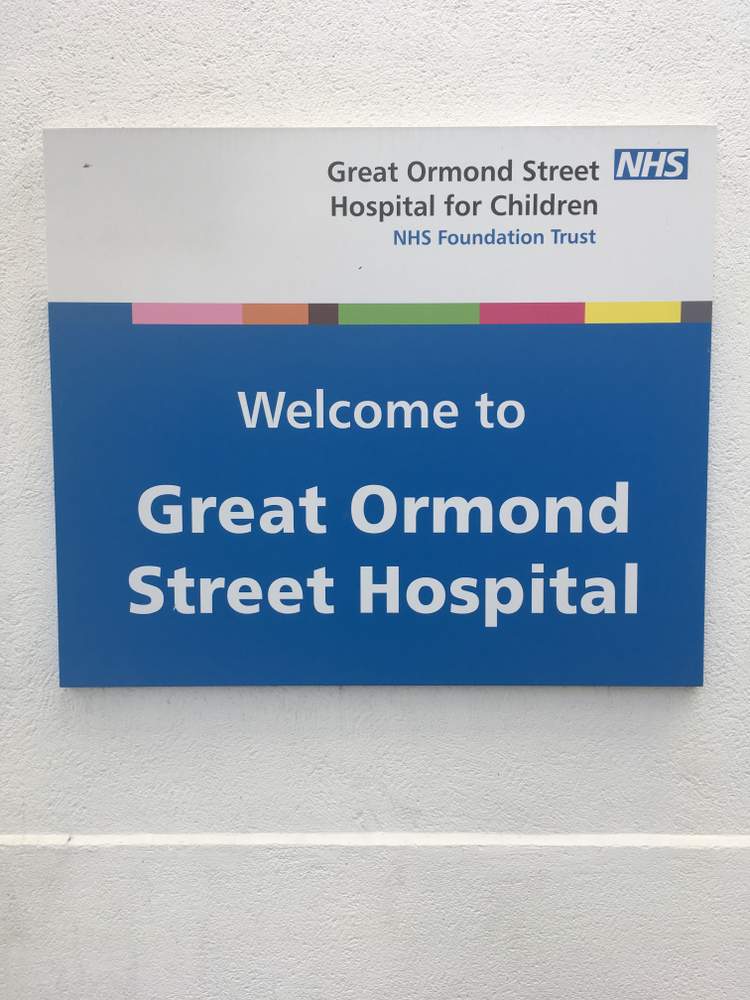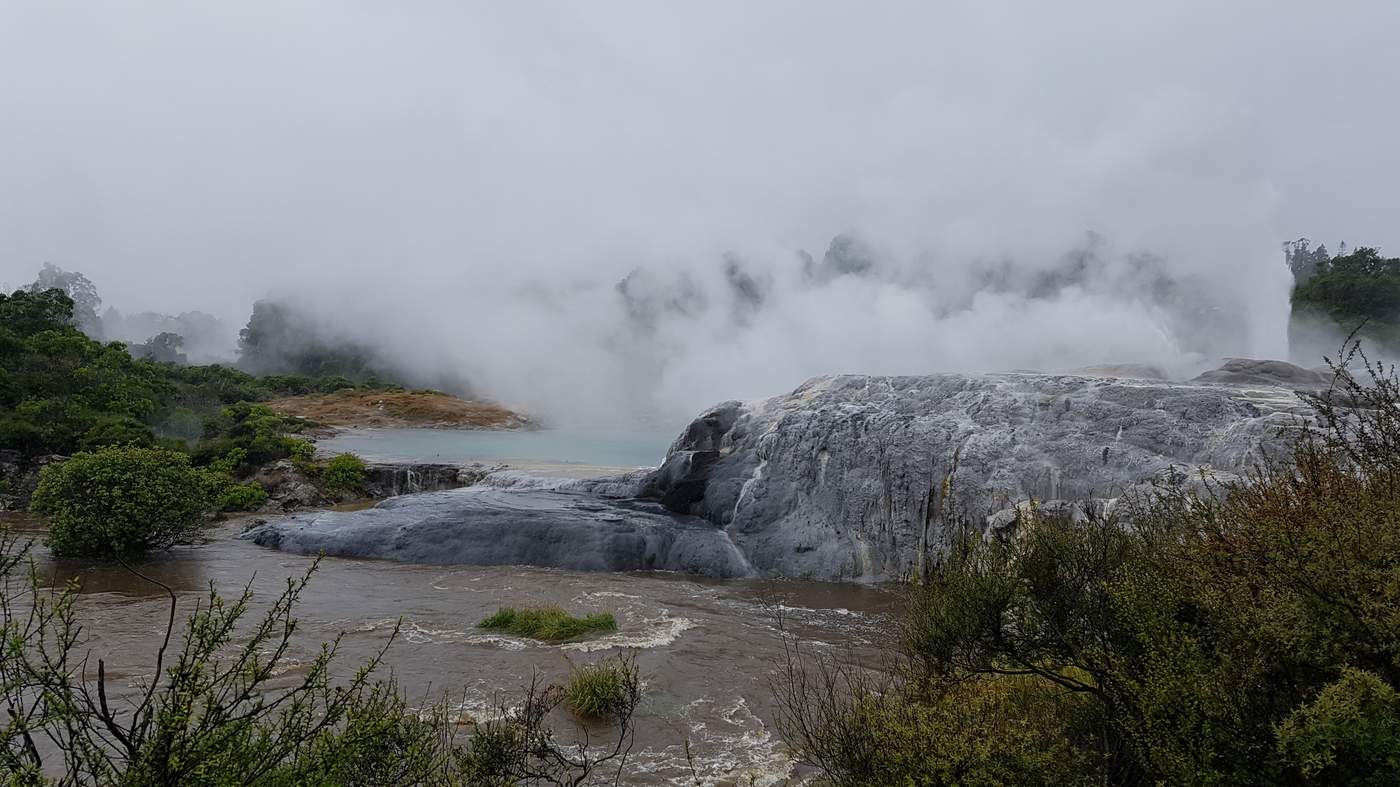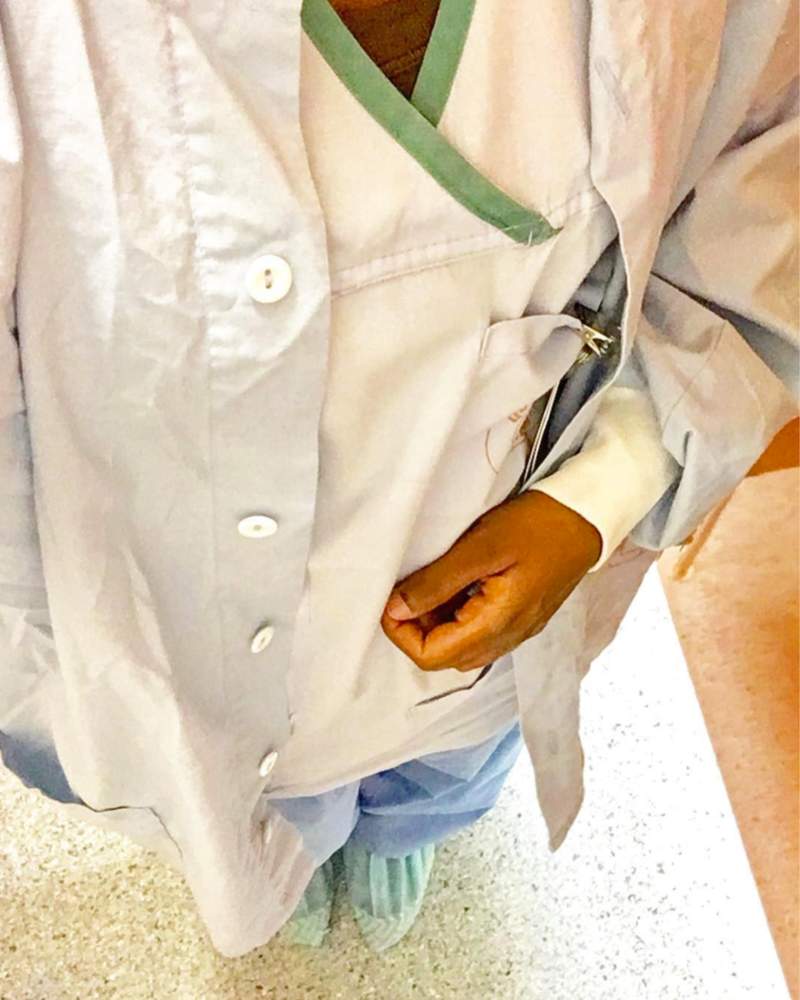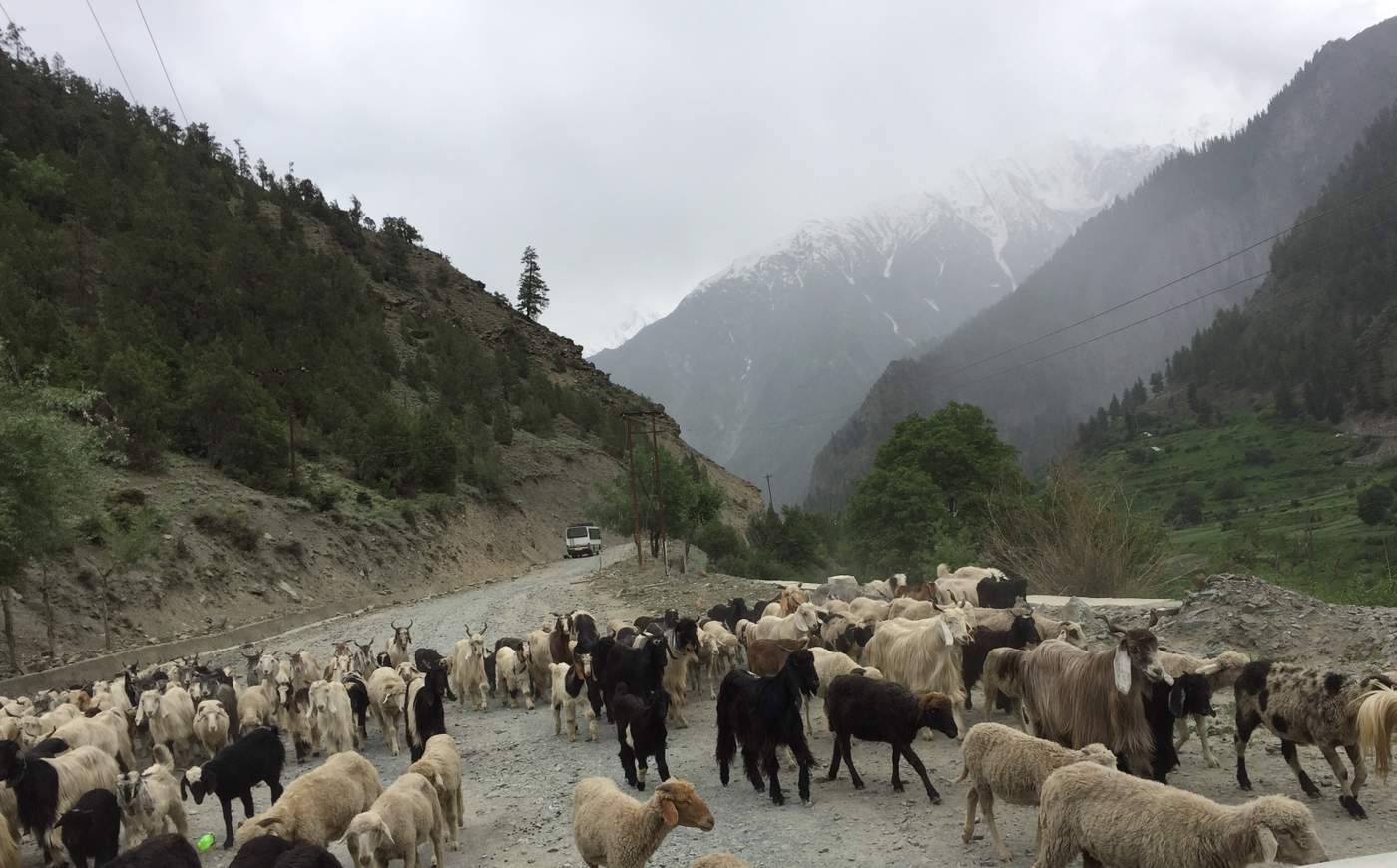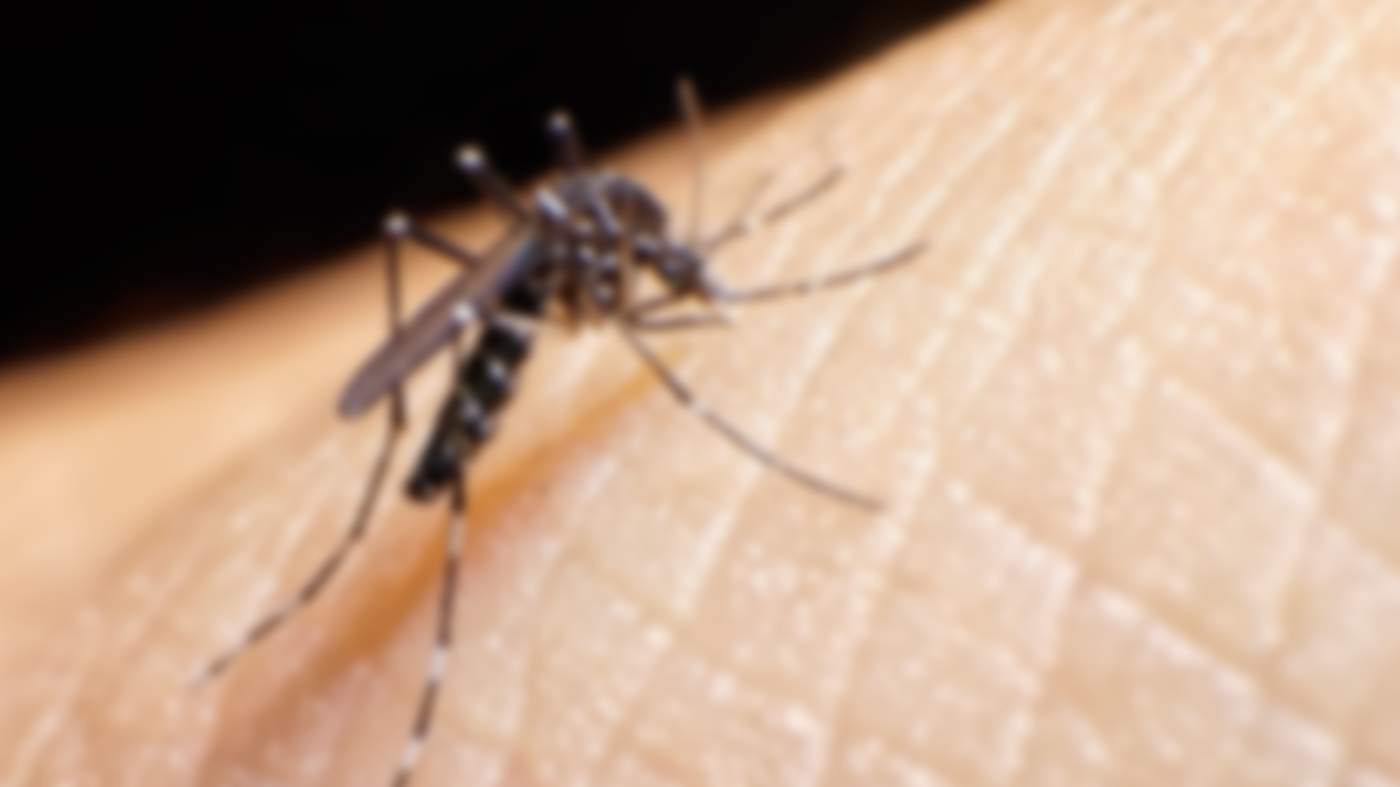With enough planning, medical electives can be the highlight of undergraduate medical training.
Follow these medical students and their elective journeys in Malta, Australia, New Zealand, the Himalayan region of India, and at home in the UK.
Pick up tips and guidance to help plan your elective, and make the most of your time away.
And finally...
Tip 6: Developed or developing?
Overseas electives are an opportunity to get to know healthcare in different cultures with different health systems, and to see medical conditions that might rarely be encountered in the UK.
If you’re not planning to arrange an elective at home, you’ll need to think about the type of country you’d like to visit. How developed is it, what is the infrastructure like, and how could this impact your experience?
Other considerations are cost – can you afford to go there? – and whether you’ll need to overcome a language barrier.
Remember that medical practice and facilities can vary between different countries on the same continent.
Tip 7: Your health abroad
Health insurance, knowing where to go for treatment, and restrictions on which types of medication you can take in and out of the country are all important to consider beforehand.
And packing your own medical kit is a must if you are travelling to developing countries.
Tip 8: Remember your boundaries
When working in resource-poor settings, you may feel under pressure to take on more responsibility than you are qualified for.
In certain situations, it can be tempting to think that any intervention, however unqualified, is better than nothing.
Remember, though, that you are under obligation by the GMC to work within the limits of your competence – a standard that protects both your patient and yourself.
If you believe you are being asked to act beyond your clinical competence, you should politely but firmly decline.
Where you have significant doubts about what is being asked of you, seek informed advice from your medical school, the BMA ethics department, or the GMC.
Need some inspiration?
Watch Twishaa’s montages from her travels through India, Japan, New Zealand and Australia while on her elective.
India
Japan
New Zealand
Australia
What’s your travel soundtrack?
We asked students to give us the one song that best summed up their time away. Here’s what some of them chose:
Soorya Sunil’s choice
Anna Ehrlich’s choice
Emily Hedley’s choice
Share it on Instagram: #bmaelective
We can help
BMA members get full access to guidance, support, and training, as well as free advice about medical electives, including:
Making initial contact
Medical electives guidance
Medical electives ethics tool kit
Funding your elective and insurance
Medical indemnity advice
Protecting your health while working abroad
Not a member? Join today
We support over 20,000 medical students each year, as they transition through their studies and into the rest of their careers.
Join today to take advantage of the range of benefits the BMA offers.
Credits
Audience engagement executive: Ellie Beadel
Digital content producer: Jackie Mehlmann-Wicks
Senior designer: Tim Grant
Senior multimedia producer: Matthew Saywell
Senior production editor: Lisa Hansson
With thanks to the medical students who contributed their stories.


